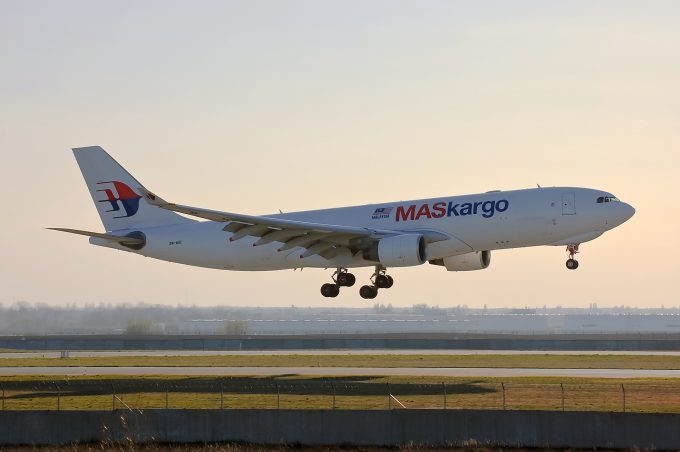UK retail's cry for help as another high street giant closes branches
The UK’s high streets are in critical condition as footfall continues to decline, with another ...

Air freight’s migration to a digitised economy will become harder and more expensive the longer it takes, according to a senior airline executive.
At this year’s Caspian Air Cargo Summit, MAB Kargo chief executive Ahmad Azmi urged airlines and forwarders to work together in “embracing” digitisation.
“Digital innovation is becoming the new intermediary, allowing you to talk to anyone within the supply chain,” said Mr Azmi.
“As an airline, the majority of our customers are forwarders, so together we must embrace the digitisation process and agree on a viable platform, in a digital strategic alliance.”
Mr Azmi said the industry had a choice: “take the burden now” or fail to adapt “like Toys R Us” and see businesses collapse.
“It is hard to digitise now, but later it will be harder and more expensive. The challenge is to change and adapt,” he continued. “There are steps to successful collaboration, including the need to agree on a clear and specific focus that is led by the needs of customers.”
Mr Azmi said the industry also needed to be creative in its approach, adopting an open culture in line with the “modern environment”, which he described as “transparent”.
Etail by air – here to stay or on a short shelf life?
HMM sees opportunities in Hapag-Lloyd’s exit from THE Alliance
How crazy is this: DSV goes hostile on Expeditors or CH Robinson?
Liners unveil Asia-Europe FAK price hikes to arrest steady rate decline
Legal battle heats up over 'unseaworthy' and 'reckless' MV Dali
Another strong month for US ports as container flows continue to rise
DSV chief reticent on Schenker: the focus on growing market share
Alex Lennane
email: [email protected]
mobile: +44 7879 334 389
During August 2023, please contact
Alex Whiteman
email: [email protected]
Alessandro Pasetti
email: [email protected]
mobile: +44 7402 255 512


Comment on this article